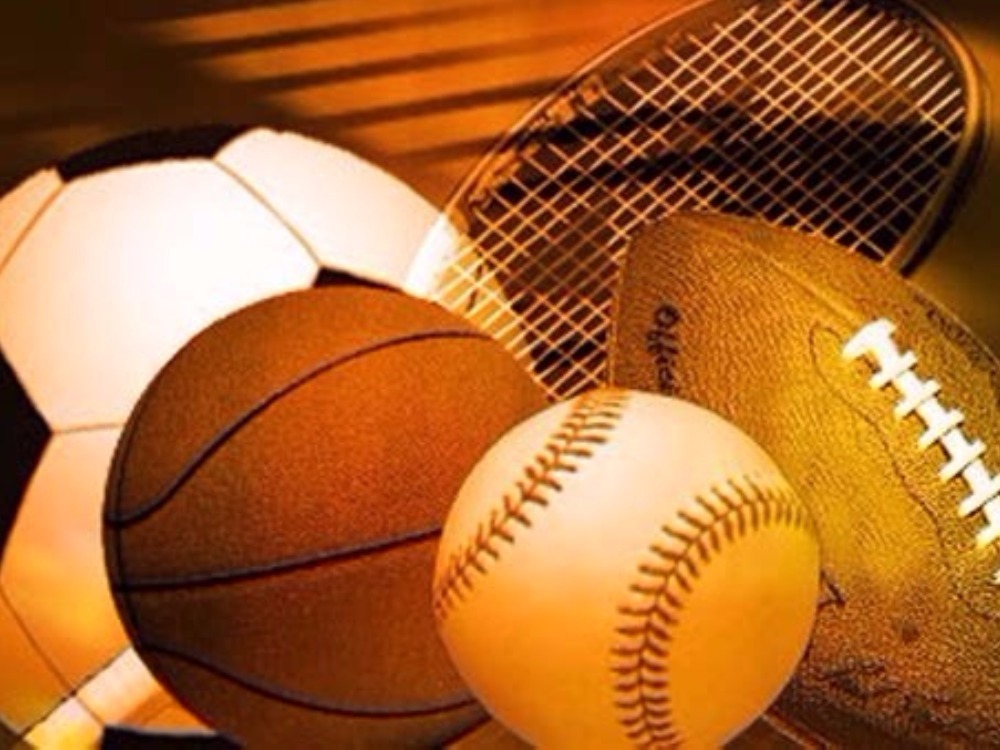Official release from WIAA
Information released by Washington Interscholastic Athletic Association
The WIAA Executive Board voted Tuesday to amend the current season schedule for the remainder of the 2020-21 school year, opting to delay the start of WIAA Season 2 to February 1 and shorten each WIAA Season to seven weeks in length.
WIAA Season 2, which consists of traditional winter sports, is scheduled to begin with practices on February 1 (January 25 for gymnastics) and end with a Regional culminating event on March 20. WIAA Season 3, which consists of traditional fall sports is now scheduled to begin on March 15 (March 8 for football) and end on May 1. WIAA Season 4, which consists of traditional spring sports, will begin with practices on April 26 and conclude on June 12.
The decision comes in light of surging COVID-19 cases around the state, putting in jeopardy the ability to begin WIAA Season 2 which was scheduled to begin on December 28.
While the Executive Board approved the framework for each WIAA season, flexibility remains at the local level due to the protocols approved at the November 2 meeting. If less than 50 percent of schools in a classification are able to compete in a sport, in accordance with Department of Health Guidelines, the Executive Board will make an adjustment to the scheduled season in order to allow the chance for greater participation.
Due to the delay of WIAA Season 2 the Board voted to approve an extension of the WIAA Open Coaching Window to January 23. The window allows for coaches in all sports to work with student-athletes in the same fashion as the summer coaching window.
The full WIAA Season schedule can be found here.
About WIAA
Founded in 1905, the WIAA is a membership organization of over 800 middle level and high schools from every corner of the state with the goal of making memories through education-based activities. The WIAA supports and sponsors 23 sports along with five activities that incorporate over 500,000 student participants. The WIAA and its member schools believe in the value of extra-curricular activities have been linked to better standardized test scores, increased school attendance, improved physical and mental health, and a more positive student experience.








